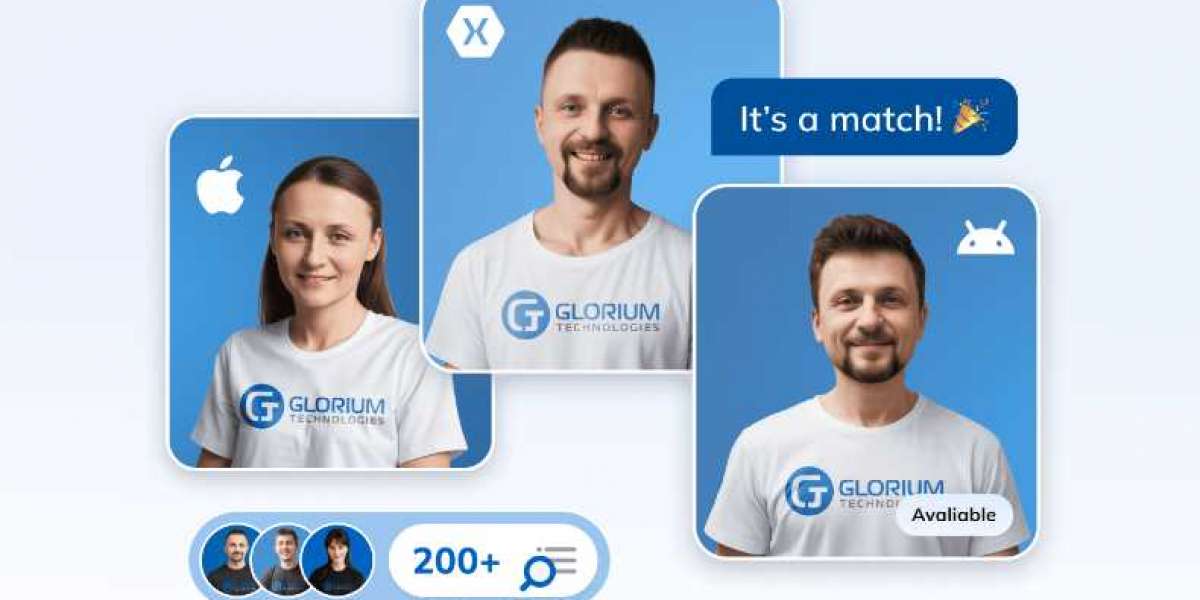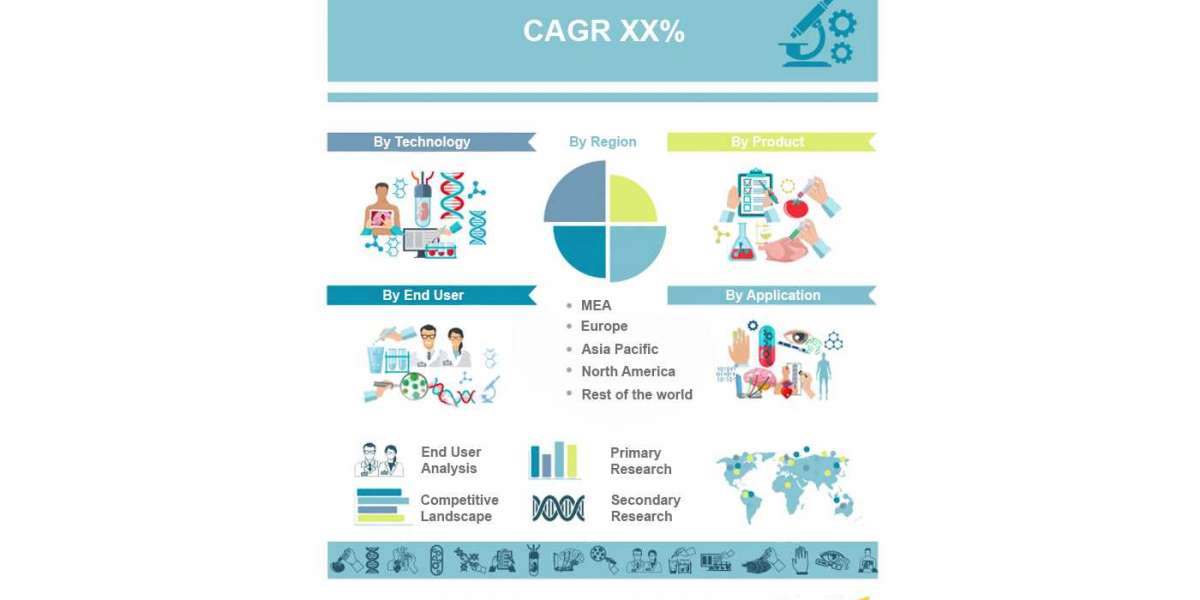Developed by Google, Flutter has gained significant traction due to its performance, flexibility, and extensive widget library. As businesses increasingly adopt Flutter for their mobile and web applications, finding the right Flutter developers becomes crucial for leveraging the full potential of the framework.
In this comprehensive guide, we will explore how to evaluate and select the best Flutter developers for your team. From understanding essential skills and experience to assessing technical expertise and cultural fit, this guide will provide a step-by-step approach to ensure you make informed hiring decisions.
1. Understanding the Role of a Flutter Developer
Before diving into the evaluation process, it's essential to understand the role of a Flutter developer. Flutter developers are responsible for building high-quality, maintainable, and scalable applications using the Flutter framework. Their responsibilities typically include:
- Designing and developing mobile and web applications: Implementing user interfaces, integrating APIs, and ensuring optimal performance across platforms.
- Collaborating with cross-functional teams: Working with designers, product managers, and other developers to deliver seamless and feature-rich applications.
- Writing clean and maintainable code: Following best practices and coding standards to ensure the codebase remains organized and easy to manage.
- Debugging and troubleshooting: Identifying and resolving issues that arise during development and after deployment.
2. Key Skills and Qualifications to Look For
When evaluating Flutter developers, it's crucial to assess their skills and qualifications to ensure they meet the needs of your project. Here are some key areas to focus on:
2.1. Proficiency in Dart Programming Language
Flutter uses Dart as its primary programming language. A strong Flutter developer should have a solid understanding of Dart, including:
- Syntax and structure: Knowledge of Dart’s syntax, data types, control structures, and object-oriented programming principles.
- Asynchronous programming: Experience with Dart’s asynchronous features, such as Future and Stream, for handling concurrent tasks.
2.2. Experience with Flutter Framework
Experience with Flutter is a must-have for any developer you consider. Look for the following:
- Widget creation: Ability to design and implement custom widgets and utilize built-in widgets effectively.
- State management: Familiarity with state management solutions like Provider, Riverpod, Bloc, or MobX.
- Navigation and routing: Experience with Flutter’s navigation and routing mechanisms for managing multiple screens and user flow.
- Integration with APIs: Proficiency in integrating RESTful APIs and working with JSON data.
2.3. Knowledge of Mobile Development Best Practices
In addition to Flutter-specific skills, a great Flutter developer should understand mobile development best practices:
- Cross-platform development: Understanding of how to optimize applications for both iOS and Android platforms.
- Performance optimization: Techniques for improving app performance, including code optimization, caching, and efficient resource management.
- Testing and debugging: Experience with testing frameworks and debugging tools to ensure the quality and reliability of the application.
2.4. Familiarity with Design Principles
Good design is crucial for user engagement. Look for developers who:
- Follow design guidelines: Familiarity with Material Design (for Android) and Cupertino (for iOS) to create platform-specific UI elements.
- Responsive design: Ability to design responsive layouts that adapt to various screen sizes and orientations.
3. Evaluating Technical Skills
Assessing technical skills is a critical part of the hiring process. Here are some methods to evaluate a Flutter developer’s technical expertise:
3.1. Review of Portfolio and Previous Work
A developer’s portfolio provides insight into their experience and skill level. Look for:
- Quality of work: Examine the design, functionality, and performance of the apps they’ve built.
- Diversity of projects: A range of projects demonstrating different aspects of Flutter development, including mobile, web, and desktop applications.
3.2. Technical Interviews
Conduct technical interviews to assess a developer’s problem-solving abilities and understanding of Flutter:
- Coding challenges: Provide real-world problems or coding exercises that test their ability to write clean, efficient code using Flutter.
- System design: Discuss how they would approach designing a complex application, including architecture, state management, and integration with external services.
3.3. Code Reviews
Request code samples or conduct a code review of their previous work to evaluate:
- Code quality: Adherence to coding standards, readability, and maintainability.
- Best practices: Use of Flutter and Dart best practices, such as proper state management and efficient use of widgets.
4. Assessing Soft Skills and Cultural Fit
Technical skills are essential, but soft skills and cultural fit also play a significant role in a successful hire. Consider the following:
4.1. Communication Skills
Effective communication is crucial for collaboration and project success. Look for:
- Clarity: Ability to explain technical concepts clearly and concisely.
- Responsiveness: Timeliness and professionalism in responding to messages and feedback.
4.2. Team Collaboration
Evaluate how well the developer works with others:
- Experience working in teams: Ability to collaborate with designers, product managers, and other developers.
- Feedback handling: Openness to receiving and acting on constructive feedback.
4.3. Problem-Solving Attitude
A strong problem-solving attitude is vital for overcoming challenges:
- Creativity: Ability to think outside the box and come up with innovative solutions.
- Persistence: Willingness to tackle complex problems and troubleshoot issues effectively.
5. Practical Considerations for Hiring
When selecting the best Flutter developers, keep these practical considerations in mind:
5.1. Full-Time vs. Freelance
Decide whether you need full-time employees or freelance developers based on your project requirements:
- Full-Time: Ideal for long-term projects and teams that require dedicated resources.
- Freelance: Suitable for short-term projects or when specific expertise is needed on a temporary basis.
5.2. Budget and Compensation
Determine your budget and compensation package:
- Market rates: Research industry standards for Flutter developer salaries and rates.
- Value proposition: Consider the benefits and growth opportunities you can offer to attract top talent.
5.3. Onboarding and Integration
Plan for onboarding and integrating new developers into your team:
- Training: Provide necessary training and resources to get them up to speed with your project and development processes.
- Support: Ensure they have access to support and resources needed for a smooth transition.
6. Conclusion
Selecting the hire flutter developers for your team involves a thorough evaluation of their technical skills, experience, and soft skills. By focusing on proficiency in Dart and Flutter, assessing technical expertise through portfolio reviews, interviews, and code reviews, and considering soft skills and cultural fit, you can make informed hiring decisions that will contribute to the success of your projects.
Additionally, practical considerations such as whether to hire full-time or freelance, budget constraints, and effective onboarding processes will further ensure you make the best choice for your team’s needs.









